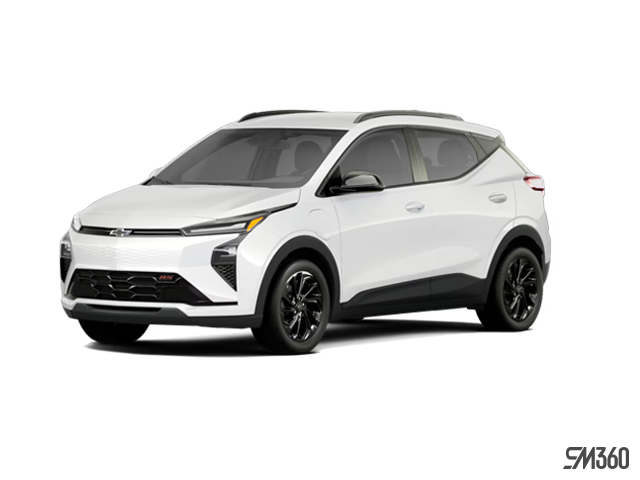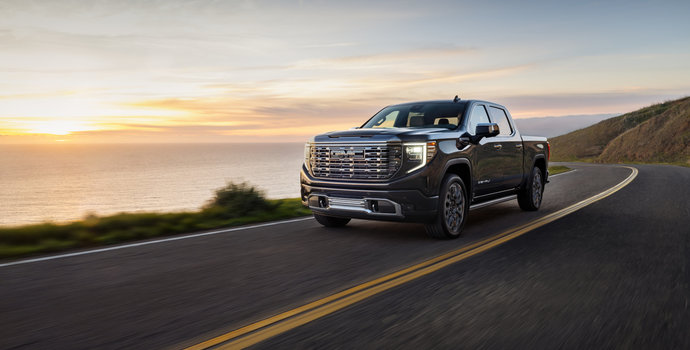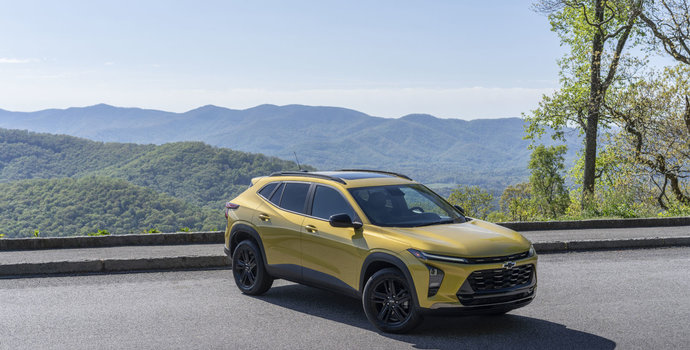Switching to an electric vehicle (EV) can bring huge benefits for every driver. Fuel costs can be drastically reduced, with electric power giving you more driving for your dollar than the ever-increasing price of gas. EVs offer better performance than gas-powered cars, with snappy acceleration and precise handling. And of course, the lack of emissions as you drive benefits the whole planet too.
But buying your first electric vehicle involves a major change in your driving habits. Instead of being able to call into a filling station whenever you need more gas, you need to take a more methodical approach to your vehicle's power source. One of the key steps to take is to prepare your home for regular overnight charging, and here's what you need to take into account.
1) Which Charger Do You Need?
Every EV owner needs to consider how they'll keep their car charged and ready to go at all times. For the vast majority of people, this means installing a home charging station to recharge the car while it sits in your garage, ensuring it's ready to drive when you wake in the morning.
For home charging, there are two options available, called Level 1 and Level 2. Here's what they involve.
- Level 1 Charging
Level 1 chargers are the simplest option and can be used in virtually any garage with an electrical outlet. The charger consists of a small box that plugs directly into a regular home supply and a longer cable that plugs into your car. A Level 1 station uses the standard 110V or 120V to charge the EV's battery and requires little or no installation work so long as your home circuit can handle the extra load.
However, while Level 1 chargers are easy to install and straightforward to use, they do have significant drawbacks. As they only use the relatively low voltage of a domestic supply, charging can take a long time. Even a small EV with a low-horsepower motor and limited range can take 24 hours or longer for a full charge. And if you're driving a powerful car with an extended range, it will take even longer.
While a Level 1 charger is useful for keeping an EV topped up, if you regularly drive far enough to seriously drain the battery then this charging option won't be able to keep up. Nonetheless, if you only drive a few kilometres on a typical day, or if you have easy access to charging at your workplace, then the low cost and easy simplicity of Level 1 might make it a worthwhile option.
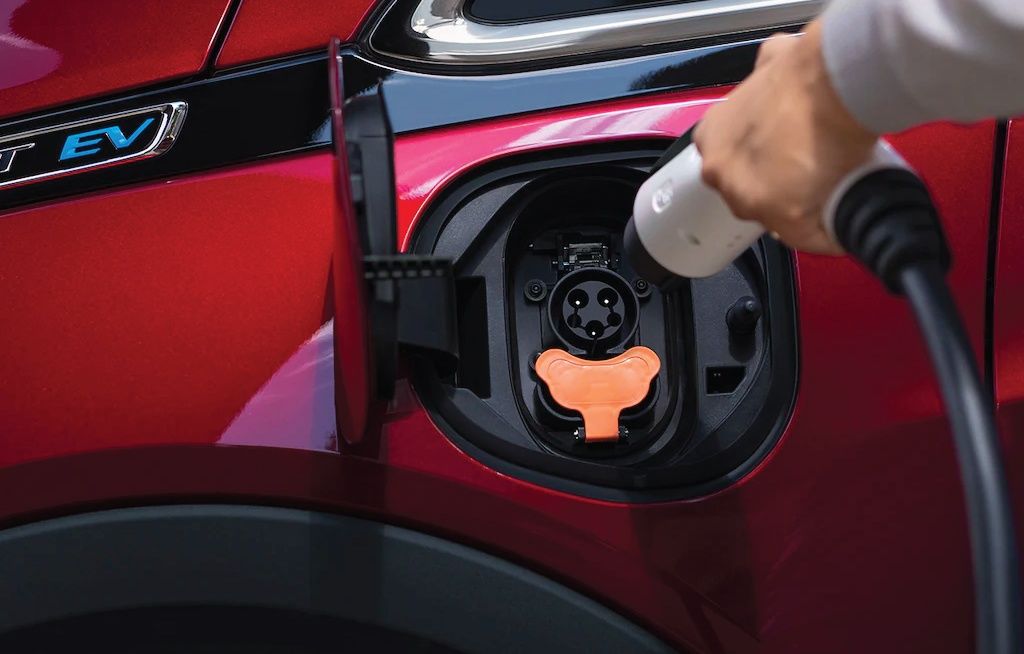
- Level 2 Charging
For most people, Level 2 charging is the better choice as it drastically cuts charging times. Using the technology, most EVs can add a 40km or more range every hour, making overnight charging completely feasible for most drivers.
But Level 2 charging has one drawback. It runs off of a 240V supply, which might not be already available in your home. It's likely you'll need to upgrade the electrical panel and circuit in your garage to handle the extra voltage and current, and this can work out expensive if major changes are needed. What's more, in the majority of cases a Level 2 charger will need to be installed by a qualified electrician, increasing the costs even further.
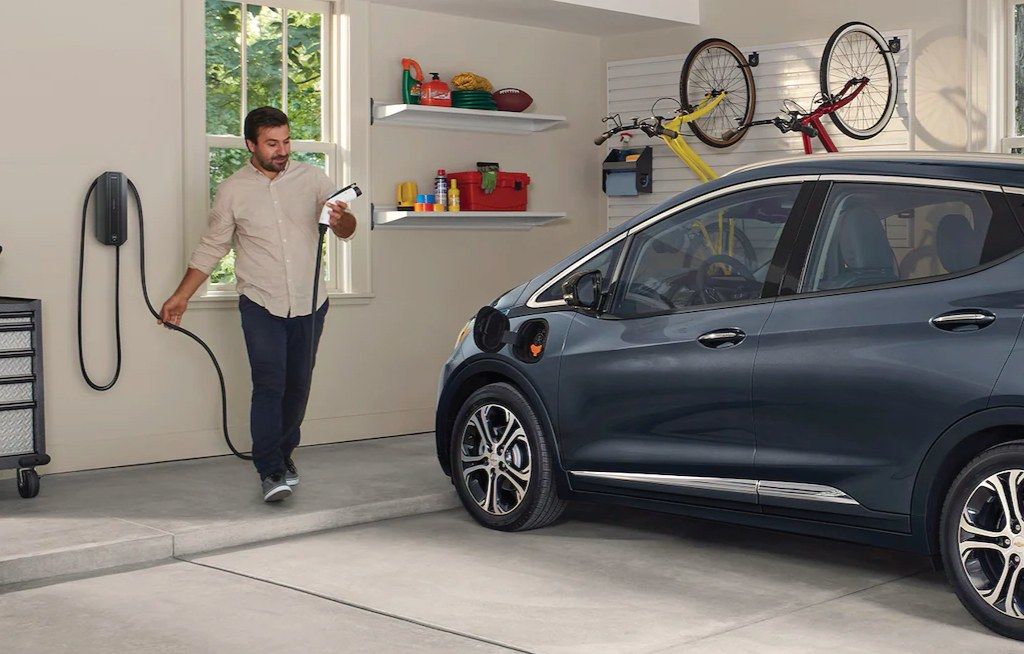
2) Check Your Electrical Control Panel
If you decide you need the speed of a Level 2 charger, you'll first have to make sure your home's electrical supply can handle the high currents involved, which can typically reach 40 amps. To do this, check your home's electrical control panel, which is the box containing the circuit breakers and main connection to the supply. The main circuit breaker should have a maximum amp rating printed on it, which in most modern homes will be 100 amps or more.
To make sure the panel can handle the extra load, add up the amp ratings of all the major appliances and devices you use in your home. If the total is 40 amps or more below the circuit breaker rating, you'll likely be good to go.
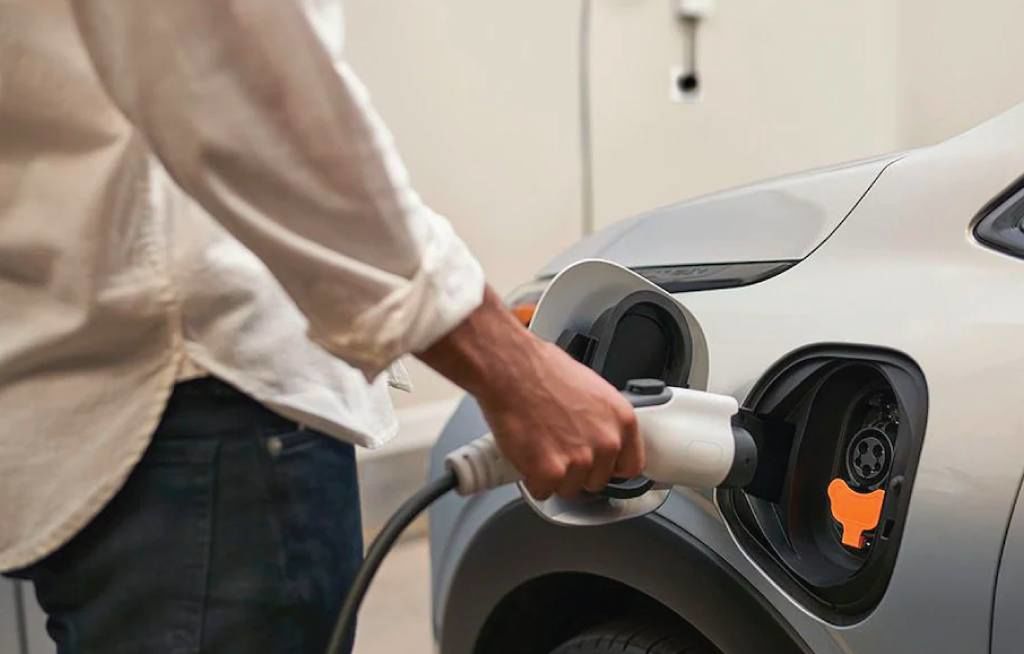
3) Hire an Electrician
Before committing to buying a Level 2 charger, hire an electrician who's experienced in fitting EV chargers. They'll be able to confirm your home's electrics are up to the task and can give an estimated cost for any changes needed before installation.
4) Install Your Charger
If the electrician gives you the go-ahead, you can now buy and install your charger, and get ready for the switch to all-electric driving.
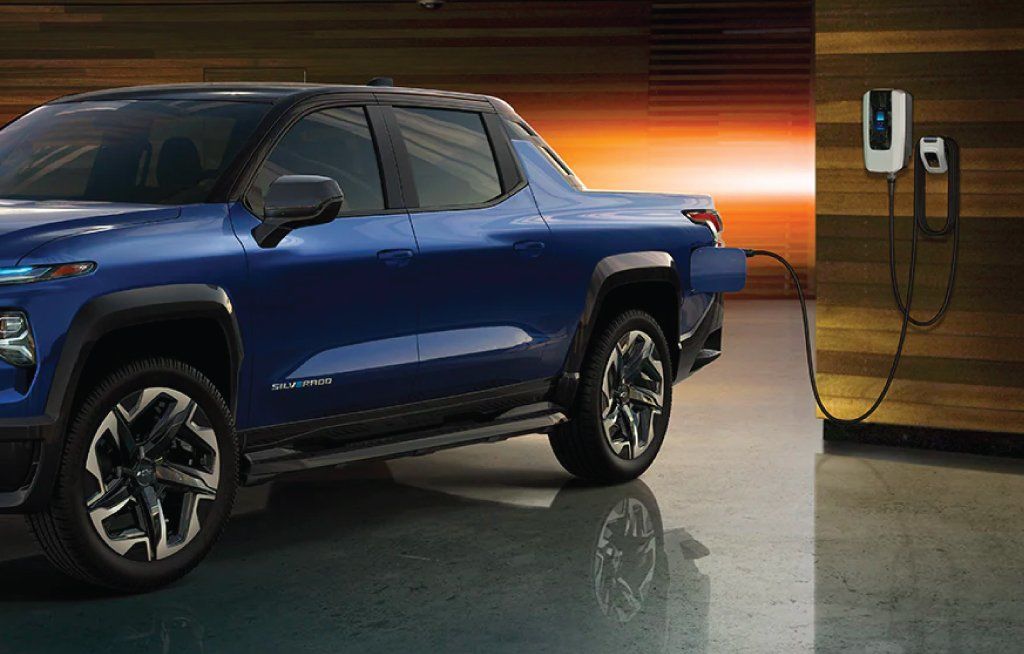
We Can Help You Prepare for an EV in Ontario
Preparing your Ontario home for an EV needn't be difficult or costly. We're here to answer any questions you might have about the kind of charger you need or the electrical upgrades you might require for installation. For free and impartial help and advice, simply email us, call our dealership, or visit us in person.
You might also be interested in these blogs: 2023 Chevrolet Equinox | Applewood Chevrolet Buick GMC in Mississauga | 2023 Chevrolet Silverado | Applewood Chevrolet Buick GMC in Mississauga | Changing Your Oil: How Often Should You Do It? | Applewood Chevrolet Buick GMC in Mississauga






